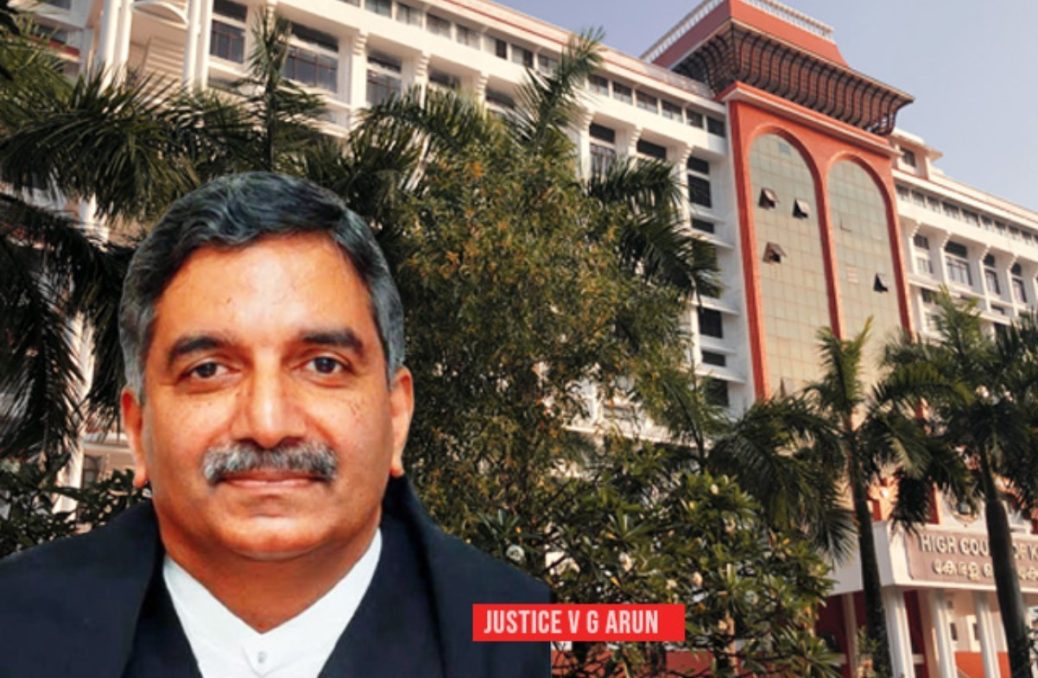The Kerala High Court, on Monday, refused to permit sex affirmative surgery on a 7-year-old. While dismissing the plea by the parents of the minor, the court stated that such surgery on a minor without consent would lead to a violation of the kid’s “dignity and privacy”.
The parents of a 7-year-old child born with ambiguous genitals requested the court to grant permission for genital reconstructive surgery, aiming to raise the minor as a female (biologically).
The bench consisting of Justice VG Arun asked the government to regulate the sex affirmative surgeries on minors within three months and to form a state-level multidisciplinary committee. Moving forwards, the committee would be responsible to determine whether or not surgery is needed to save the child’s life.
HC says surgery can be allowed after examination
The court said that the committee will be in charge of examining the 7-year-old child in question and determining if the child needs surgery to combat any situation that threatens their life because of the ambiguous genitalia. If the committee deems fit, the court can give permission for the surgery.
The court’s directives were issued following a request by the parents of a child born with ambiguous genitalia. The parents sought authorization to perform reconstructive surgery on the child’s genitals in order to raise them as a female. The parents argued that the surgery was necessary due to the child’s growing awareness of distinct physical features.
They also mentioned potential social isolation and the child’s medical condition as reasons for needing permission. The child’s medical condition, confirmed as ‘congenital adrenal hyperplasia,’ required ongoing treatment, with doctors advising the need for genital reconstructive surgery.

Despite consulting multiple experts, the parents found no doctors willing to proceed with the surgery without court approval. Consequently, the parents took their case to the high court, requesting a directive to the state health department to perform the surgery.
Upon thorough evaluation of relevant factors and consideration of both parental and child rights, the court determined that granting permission for genital reconstructive surgery would infringe upon the rights available to every citizen of India through Articles 14, 19, and 21 of the constitution. The court also cited that if a non-consensual surgery is performed, the child’s dignity and privacy would be violated.
Furthermore, the court expressed concern that providing such permission could lead to significant emotional and psychological challenges if, during adolescence, the child developed a gender identity different from the one assigned through surgical intervention.
The court also stated that if democracy is founded on acknowledging the uniqueness and worth of each person, then the entitlement of a person to select their own gender or gender identity becomes a fundamental aspect of self-determination, respect, and liberty. On the contrary, interfering with an individual’s right to choose their gender or identity would undoubtedly intrude upon their personal privacy and undermine their dignity and freedom.
The court deliberated on whether parents possess the authority to determine the gender of their underage child without obtaining the child’s agreement. The court affirmed that the right to determine one’s gender is held by the individual concerned alone, and not by any other party, including the court.
Additionally, the court stated that relying solely on the findings of chromosomal analysis is inadequate for authorizing gender reconstructive surgery, given that the potential for the child to exhibit masculine traits in adulthood cannot be dismissed.













